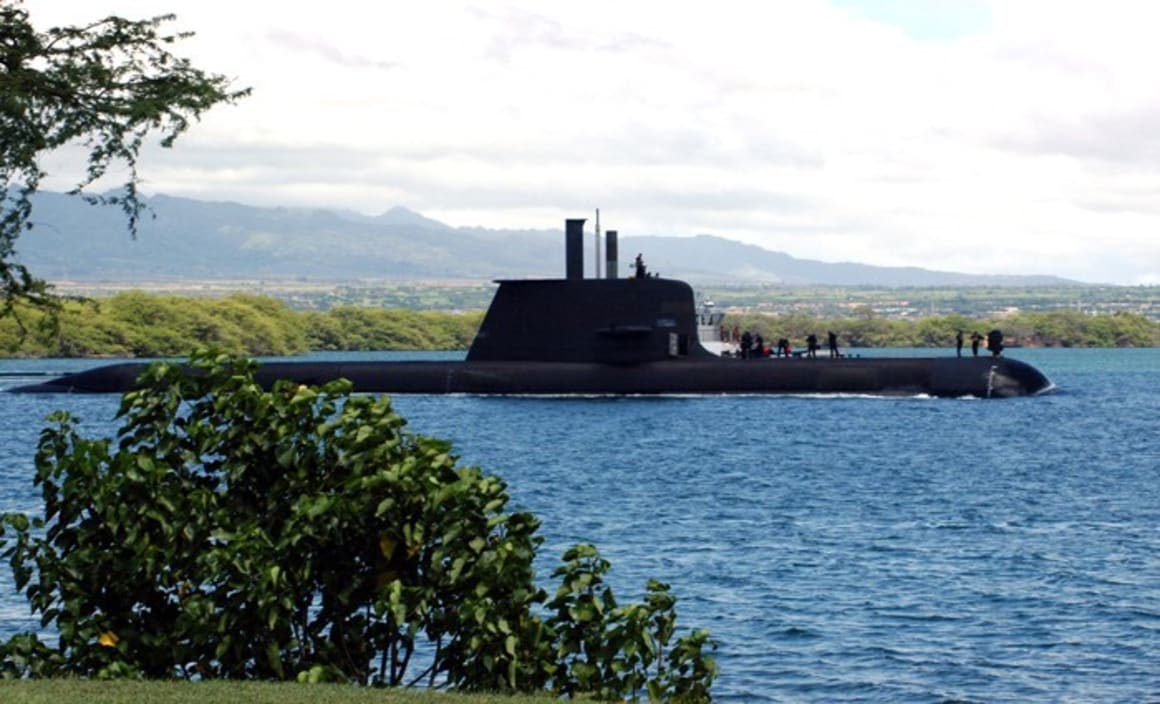Adelaide industrial sector consolidates: HTW

The Adelaide industrial sector has spent 2015 going through a period of consolidation, says Herron Todd White.
The valuation firm said the industrial sector continues to be impacted by a generally weak local economy and reduced activity within the manufacturing sector, in particular the planned 2017 closure of the General Motors Holden plant.
In December 2014 the state government announced grants to assist automotive components manufacturers who were previously dependent on the car manufacturing industry to diversify alternate industries such as defence, the HTW month in review highlights.
The report goes on to note that this did not slow the short term impact of transition, with the SA unemployment rate increasing .06% to 8.2% from May to July.
Despite the percentage falling to 7.7% in September, the HTW review showed South Australia to have the highest state unemployment rate ahead of Queensland whose is 6.3%.
By September 2015 this had reduced slightly to 7.7% but South Australia remains the highest State or Territory in the country with Queensland the second highest at 6.3%.
The November review also highlights that adding to the lack of confidence in the SA economy there has been continued debate over the construction of the Australian defence force submarines, which in early 2015 Prime Minister Tony Abbott had outsourced the $50 billion contract to manufacturers from either Japan, France or Germany.
"Submarines have previously been constructed by the Australian Submarine Corporation (ASC) within its $120 million facility in Osborne."
"In September 2015 the Government confirmed that all three potential offshore manufacturers would include local construction in satisfying the contract."
The report added that the detail remains unclear and the evaluation process for the tender is not expected to conclude until the end of 2015.
It also mentions that in light of the above economic climate, industrial sales activity has continued to be subdued with the most activity occurring within the $3 million to sub $5 million markets which are dominated by owner- occupiers and private investors.
"There are reports that institutional investors are continuing to show interest in Super Prime asset classes within South Australia due to the higher than national average returns on offer, however this is not yet translating into a shift in market sentiment in the lower sub markets."
The report concludes by suggesting that in general investment activity has been weak with prime rents and values either reducing or holding.
"A falling construction rate has meant a limit in the availability of prime asset classes and reduced rental returns makes the construction of new buildings less viable.
"The impact has therefore seen a continued divide between prime and secondary stock which may be facing obsolescence issues in the current market."
Going against this trend however is the supermarket company Aldi which is due to open its’ first stores in early 2016.
The Regency Park distribution centre is nearing completion which began construction in late 2014 comprising nearly 33,000 square metres of office warehouse accommodation at a reported cost of $70 million.